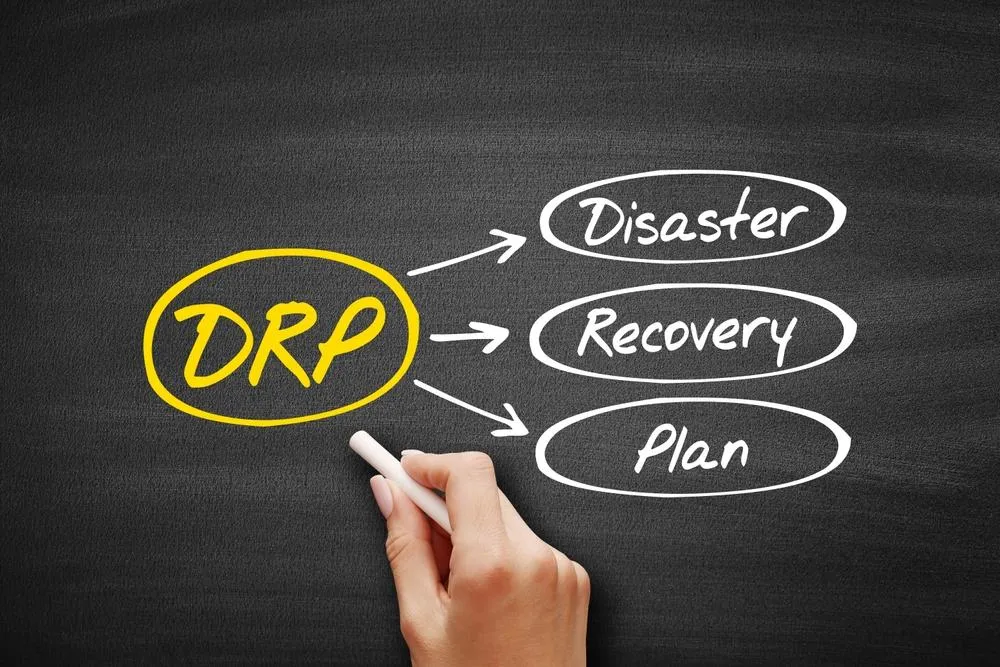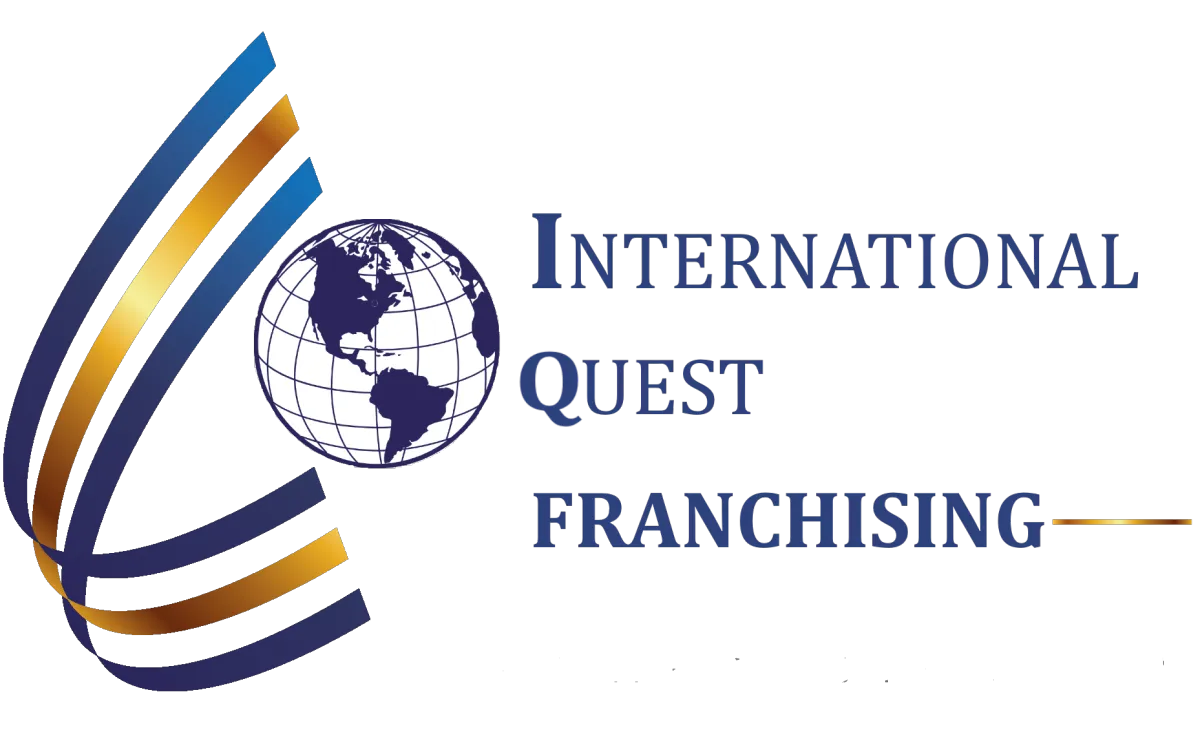
Franchise Disaster Recovery Strategies
Overview to Franchise Disaster Recovery Strategies
Maintaining uninterrupted operations is paramount in the franchise business. A disaster recovery plan is vital, ensuring franchises can rebound from unforeseen disruptions. Natural disasters, cyberattacks, and even human errors can considerably impact franchise locations. The absence of a robust plan can lead to severe financial losses and operational downtime, hindering the business's ability to serve customers and recover quickly. Strategic planning becomes essential to navigate these challenges effectively.

Need Help? Use International Quest Franchising, LLC
IQ Franchising helps businesses grow and expand through franchising by working closely with clients to build strong, successful franchise systems. We start by understanding your business, then develop a strategic plan that addresses opportunities and maximizes profits. Our expertise in project management and operational efficiency, like Lean & Six Sigma, ensures your franchise system is both effective and sustainable. With our support, your business can thrive, and franchisees can make a positive impact in their communities. Let us help you achieve success and reach your franchising goals.. To learn more, Visit. (916) 774-7142
Assessing Risks and Vulnerabilities
Identifying potential threats is the cornerstone of an effective disaster recovery strategy. Internal threats might include system failures or employee mistakes, while external threats encompass natural disasters and cyberattacks. Evaluating geographical risks for each franchise location helps tailor the recovery plan. Conducting a business impact analysis assists in understanding the repercussions of various disruptions, helping to prioritize risks based on their impact and likelihood. This systematic approach ensures optimal preparation for different scenarios.
Developing a Comprehensive Disaster Recovery Plan
An effective disaster recovery plan includes multiple critical components, ensuring all bases are covered. Clear communication plans are essential for informing internal and external stakeholders during a crisis. Outlining roles and responsibilities ensures that every team member knows their part in recovery efforts. Establishing recovery time objectives (RTO) and recovery point objectives (RPO) helps in setting realistic goals for when operations should resume, keeping the business's core functions intact as quickly as possible.
Implementing Technology Solutions
Technology plays a vital role in disaster recovery. Cloud-based storage and services offer robust data protection, making information accessible even if physical locations are compromised. AI and machine learning can predict potential disruptions, allowing preemptive measures. CRM and ERP systems enhance operational resilience, keeping customer and business data streamlined and secure. Automating backup procedures and regularly testing recovery systems ensure that data recovery methods are efficient and reliable when needed.
Training and Awareness Programs
Regular training for employees keeps everyone prepared and responsive to crises. Building a proactive culture helps in creating an environment where resilience is a core value. Simulating disaster scenarios tests the effectiveness of response plans, highlighting areas for improvement. Ensuring compliance with industry standards and regulations further fortifies the business against potential disruptions, providing a sturdy framework for disaster preparedness.
Insurance and Financial Preparedness
Insurance acts as a financial safety net during disasters. Selecting the right coverage for various risks ensures the business can absorb financial shocks. Evaluating the financial stability of insurance providers guarantees reliable support in times of need. Establishing emergency funds and financial reserves adds another layer of security. Collaborating with financial advisors can develop tailored risk mitigation strategies, aligning with the business's specific needs and capacities.
Building a Support Network
Collaboration strengthens disaster recovery efforts. Building relationships with local authorities and emergency services facilitates coordinated responses during crises. Establishing connections with disaster recovery specialists ensures that expert help is readily available. Sharing best practices within the franchise community helps create a robust support system. Mutual aid agreements with other franchisees allow for resource sharing, enhancing collective resilience.
Monitoring and Updating the Disaster Recovery Plan
A disaster recovery plan is not a one-time effort but a continuously evolving strategy. Regular reviews and updates help in adapting to changes in the business environment and emerging threats. Tracking feedback from recovery drills and past incidents provides insights for continuous improvement. This dynamic approach ensures that recovery strategies remain effective and relevant, keeping the business resilient against disruptions.
Key Takeaways: The Future of Franchise Disaster Recovery
The landscape of disaster recovery for franchises is ever-evolving. Technological advancements bring new tools and methodologies, enhancing recovery strategies. Strategic planning and resilience continue to be crucial, underpinning the business's ability to withstand disruptions. Encouraging a proactive stance on disaster preparedness ensures that franchises not only survive but thrive amidst challenges, securing a stable and prosperous future.
International Quest Franchising, LLC
Business Address: 3017 Douglas Blvd. Ste. 300
City: Roseville
State: CA
Zip: 95661
Phone: (916) 774-7142

